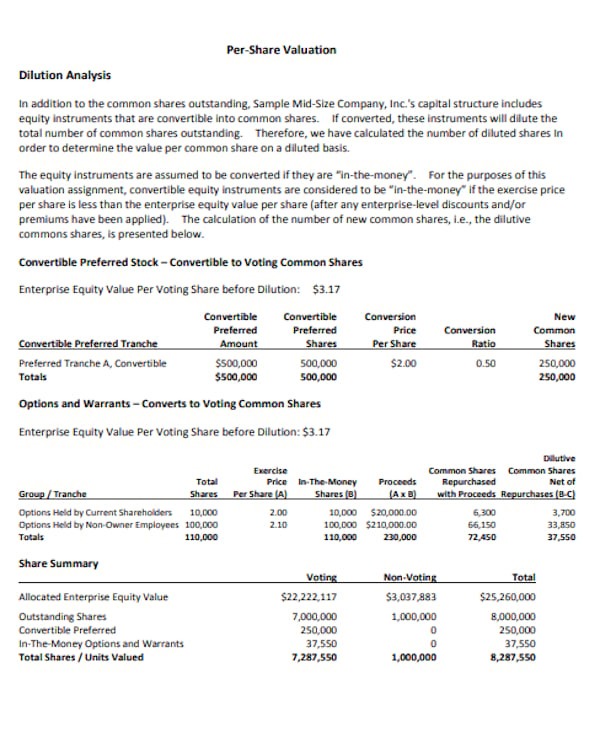In today’s fast-paced and inventive business environment, patents play a vital role in defending innovations and ensuring a competitive edge. Amplifying the strategic potential of patents starts with an in-depth Patent Valuation Report. Such a report is indispensable for both new businesses and established corporations. It aids in assessing a patent’s worth, facilitating transactions, and maximizing returns on innovation investments.
Why Is a Patent Valuation Report Essential?
Complex and multifaceted, the importance of a Patent Valuation Report cannot be overstated. Here’s why:
- Strategic Decision-Making: Provides critical data for mergers, acquisitions, and licensing deals.
- Financial Reporting: Serves as a key document for accurate financial disclosure and asset management.
- Legal Proceedings: Offers substantial evidence in litigation or dispute resolution.
Key Components of a Patent Valuation Report
A well-constructed Patent Valuation Report encompasses several core elements, each contributing to a thorough evaluation:
- Background Information: Comprehensive details about the patent’s origin, inventors, and ownership.
- Market Analysis: Insights into the market landscape, potential competitors, and the patent’s marketability.
- Financial Projections: Estimations of revenue, cost savings, or economic benefits tied to the patent.
- Risk Assessment: Evaluation of legal vulnerabilities, market risks, and technological obsolescence.
Methodologies for Patent Valuation
Textbooks and practitioners detail several accepted methods to determine the value of a patent. These include:
- Cost Approach: Evaluates the amount spent to develop or replace the patent.
- Market Approach: Compares similar patent transactions to establish a benchmark value.
- Income Approach: Calculates potential future income generated by the patent.
Frequently Asked Questions (FAQs)
What factors influence a patent’s value?
Several factors such as the technology’s novelty, market demand, competitive advantage, and remaining patent life influence its value.
How often should a patent be re-evaluated?
Periodic re-evaluation, typically every 2-3 years, is recommended to keep the Patent Valuation Report updated, especially considering market and technological changes.
Read more about Monetary value of patent here.
Can a Patent Valuation Report affect my company’s stock value?
Absolutely. A well-valued patent can significantly enhance a company’s intangible assets, positively impacting stock value and investor confidence.
In conclusion, a meticulously prepared Patent Valuation Report provides a comprehensive understanding of a patent’s worth, supporting strategic decision-making and fortifying a company’s market position. Leveraging such reports smartly can transform intellectual property into substantial financial assets.



